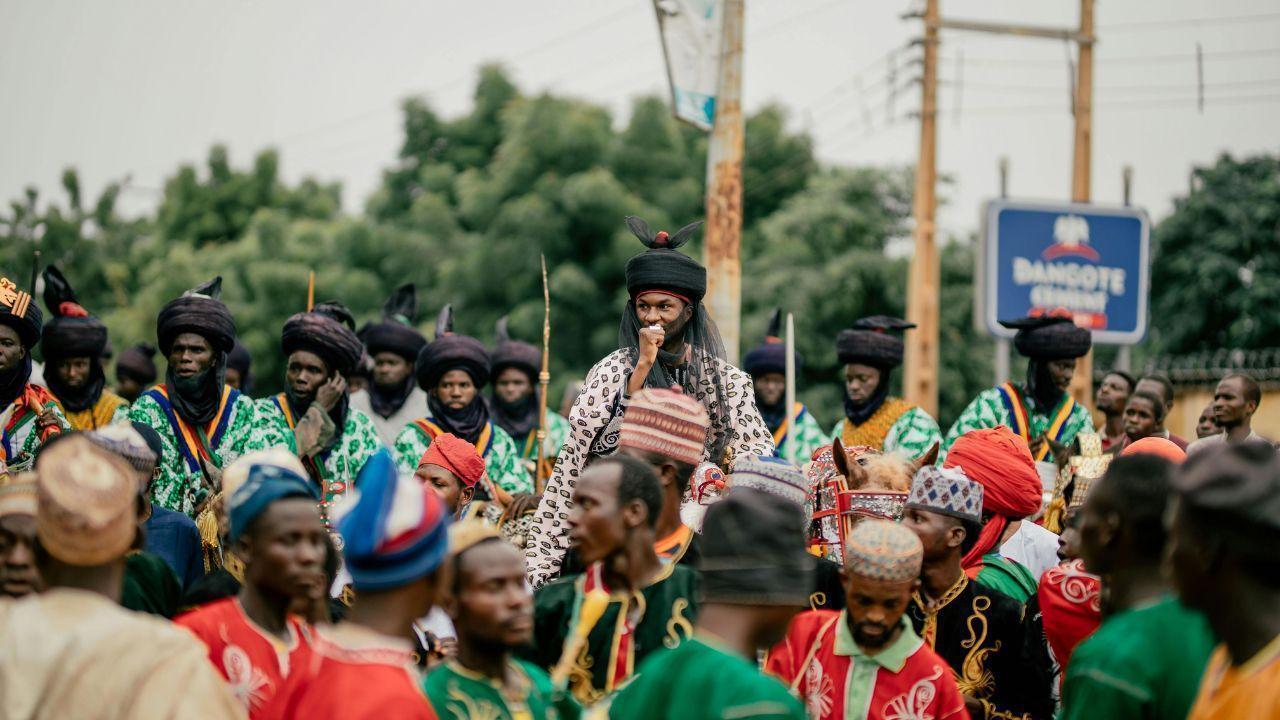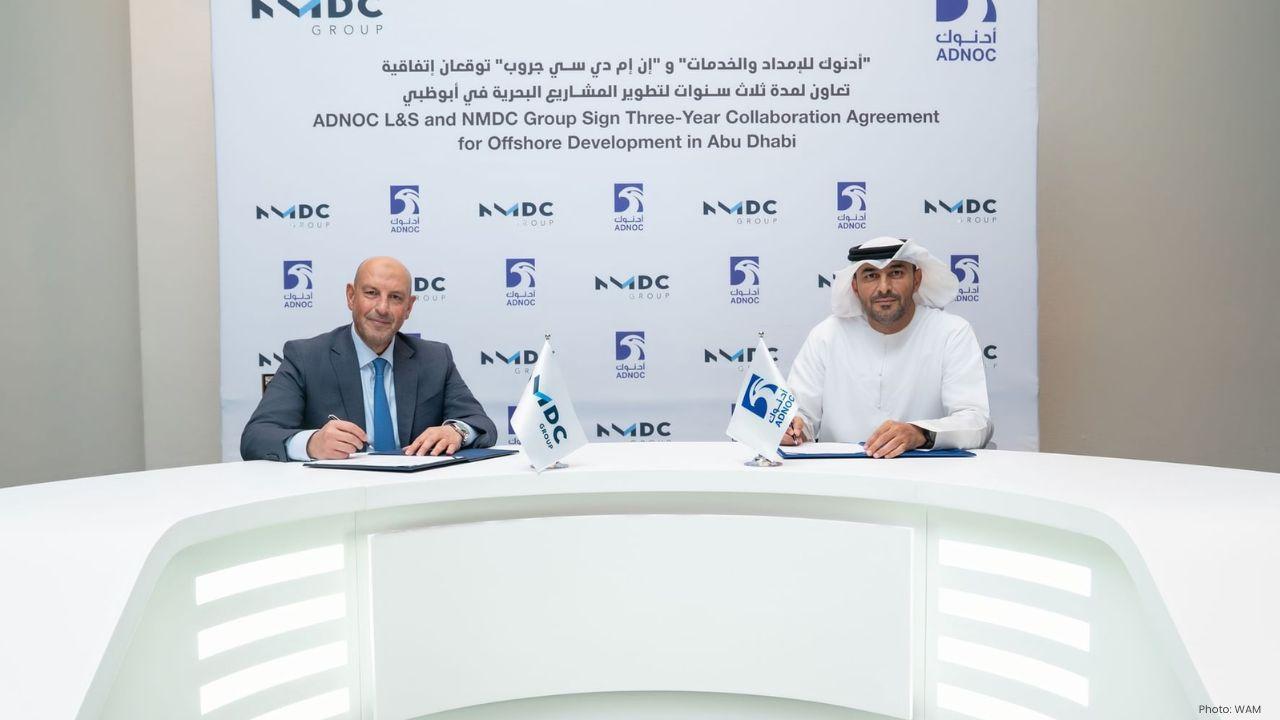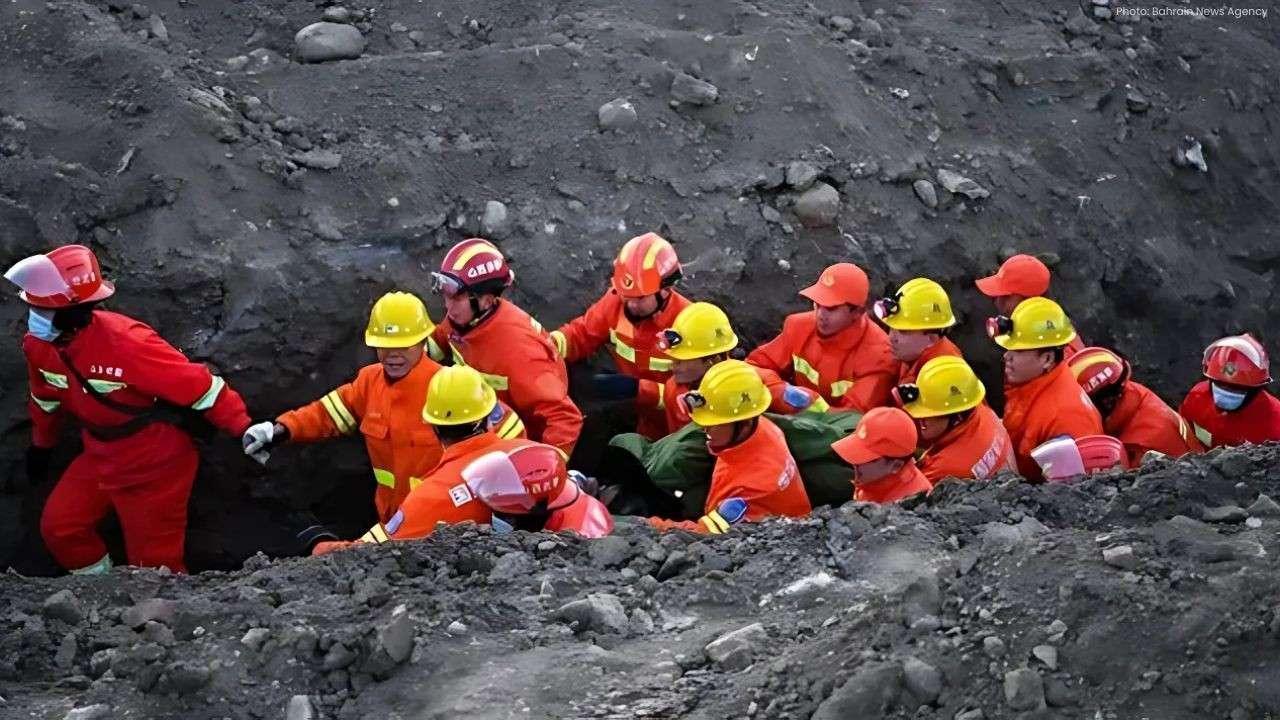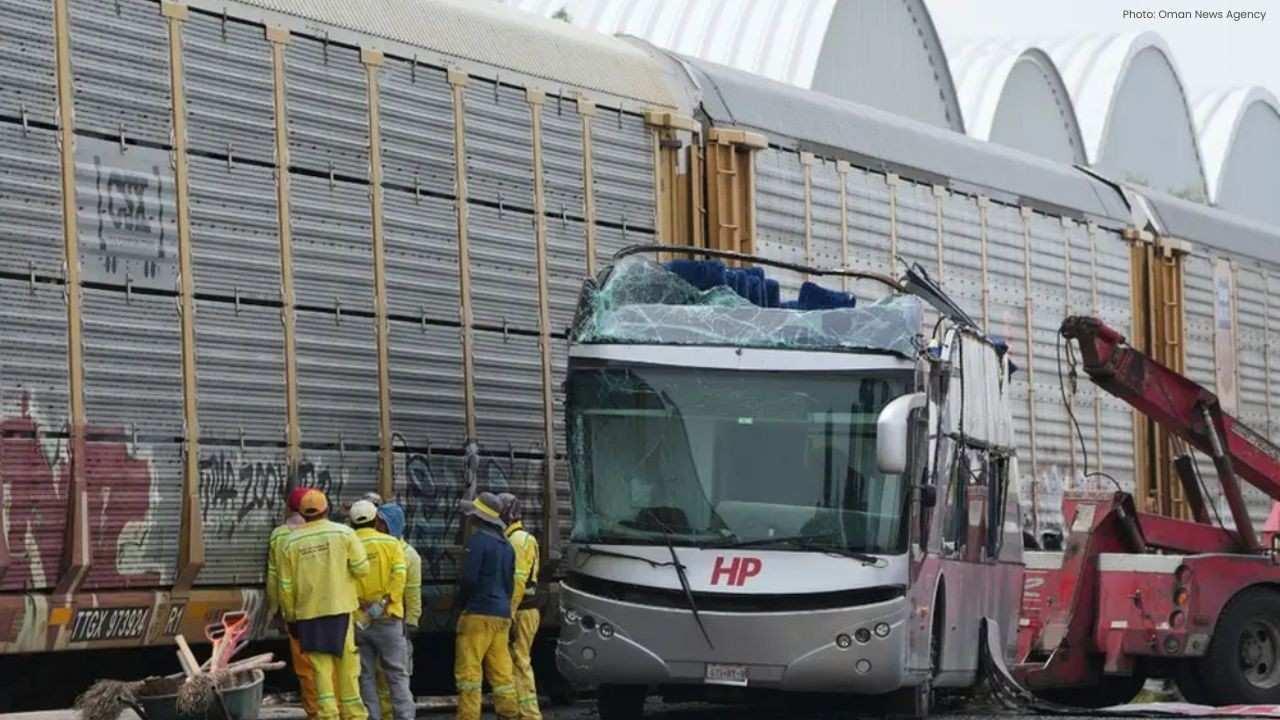
Post by : Mumtaaz Qadiri
The Defense Industries Committee of the Gulf Cooperation Council (GCC) recently held its third meeting in Muscat, the capital of Oman. The gathering brought together defense industry specialists from the armed forces of all GCC member states. This meeting was an important step in developing closer cooperation among the countries of the region in the area of defense and military industries.
Leadership And Organisation
The meeting was chaired by Brigadier Khalid Sulaiman Al Shubaibi, who is the Director General of Research and Military Industries at the Ministry of Defence in Oman. His leadership highlighted the role Oman plays in hosting and supporting regional defense initiatives. Also present at the meeting was Air Vice Marshal Issa Rashid Al Mohannadi, the Assistant Secretary General of the GCC for Military Affairs. His presence reflected the importance that the GCC places on strengthening defense collaboration.
Purpose Of The Gathering
The central aim of the meeting was to discuss ways to improve cooperation in defense industries among GCC member states. Participants reviewed a number of agenda items, all focused on creating strategies and initiatives that could bring the armed forces of the region closer together in terms of military technology, equipment, and production. By working together, the GCC states hope to become more self-reliant in their defense capabilities.
Strengthening Regional Security
Defense industries are not only about producing military equipment; they are about ensuring the long-term security of nations. Through this meeting, the GCC countries reaffirmed their shared interest in protecting their people and borders. Cooperation in defense industries is seen as a way to support regional stability and reduce reliance on external suppliers. By pooling resources and expertise, member states can build stronger security systems.
Importance Of Joint Strategies
One of the main topics of discussion was the need for integrated strategies. This means that the GCC countries want to create common plans for developing their defense industries rather than working separately. When countries work with different systems or approaches, cooperation becomes difficult. By building joint strategies, the GCC ensures that member states can work more effectively together and avoid duplication of efforts.
Role Of Defense Industries
Defense industries cover a wide range of areas, from producing weapons and vehicles to creating advanced technologies like drones, communication systems, and cybersecurity solutions. The meeting highlighted the importance of these industries in making the GCC more independent. Having strong defense industries means that the region will not always need to rely on foreign companies or imports to meet military needs.
Encouraging Research And Innovation
The meeting also focused on the role of research in building advanced defense capabilities. Brigadier Khalid Al Shubaibi, as Director General of Research and Military Industries, emphasized that research and development are the foundation of strong defense industries. By investing in innovation, the GCC can stay up to date with the latest global defense technologies and even become leaders in some areas.
Cooperation Among Armed Forces
A key point of the meeting was coordination among the armed forces of member states. Defense industries are not only about factories and technology but also about how armed forces use and share these resources. The participants discussed initiatives that would allow the different militaries of the GCC to work more smoothly together, share knowledge, and benefit from each other’s experiences.
Building Local Capacities
Another theme was the importance of building local defense industries within GCC countries. Many states in the region already have growing military industries, but through cooperation, these efforts can be expanded. By building local capacities, the GCC can create more jobs for citizens, strengthen its economies, and ensure that military equipment is made to suit the specific needs of the region.
Reducing Dependence On Imports
Historically, GCC countries have depended heavily on importing weapons and defense equipment from major international suppliers. While these partnerships remain important, the GCC is now looking to reduce dependence and increase self-sufficiency. By developing their own defense industries, member states can ensure faster production, more control over technology, and reduced costs in the long run.
Shared Vision For The Future
The meeting in Muscat also represented a shared vision for the future. All GCC member states agreed that defense cooperation is not optional but necessary. The fast-changing global and regional security environment requires countries to adapt quickly, and by working together, the GCC can respond more effectively to any threats or challenges that may arise.
Economic And Strategic Benefits
In addition to security, defense industries also bring economic benefits. They create new markets, provide job opportunities, and stimulate innovation in other sectors like engineering and technology. For the GCC, which is looking to diversify its economies away from oil dependence, defense industries can be a valuable field of growth. The meeting recognized this dual role of defense industries in serving both national security and economic development.
Muscat As A Host City
The choice of Muscat as the host city underlines Oman’s commitment to GCC unity. Oman has often played a role as a bridge among member states, and hosting this meeting reflects its active participation in regional cooperation. The successful organization of the third meeting also shows the importance of rotating these events among different GCC capitals.
Third Meeting Significance
This was the third meeting of the Defense Industries Committee, and each gathering builds upon the progress of the last. The continuity of these meetings demonstrates the seriousness of the GCC in pursuing long-term goals. It also shows that defense industry cooperation is not a short-term idea but a lasting commitment that will continue to expand in the coming years.
Future Initiatives And Plans
The participants agreed to continue working on integrated strategies and projects. They plan to explore more ways to share technology, develop joint training programs, and even establish common standards for defense equipment. These steps will make cooperation more practical and efficient. The meeting also encouraged member states to increase investments in research centers and innovation hubs dedicated to defense technologies.
The GCC Defense Industries Committee meeting in Muscat was an important milestone in regional cooperation. By focusing on joint strategies, innovation, and local capacity building, the GCC countries are moving toward a future where they can rely more on their own defense industries. This will not only strengthen regional security but also support economic development and create new opportunities for the people of the GCC. The meeting ended with a renewed commitment to unity, collaboration, and progress in defense industries.
GCC defense cooperation, Military industry meeting, Regional security strategy










NMDC Group And ADNOC L&S Sign Three-Year Deal For Offshore Work
NMDC Group and ADNOC Logistics & Services sign a three-year deal to deliver maritime services for of

Six Miners Trapped After Earthquake Hits Coal Mine In China
A mining-related earthquake struck a coal mine in Heilongjiang, China, trapping six miners undergrou

Train Collides With Bus In Mexico Killing 10 And Injuring Many
At least 10 dead and 41 injured after a train hit a bus at a rail crossing in Mexico. Authorities co

UAE Olympic Football Team Qualifies For AFC U-23 Asian Cup Finals
UAE Olympic football team qualifies for AFC U-23 Asian Cup finals in Saudi Arabia despite 3-2 loss t

Apple Launches iPhone Air With Thinnest Design & Pro Performance
Apple unveils the new iPhone Air, its thinnest model with pro performance, multiple colors, large st

Al Wakrah Wins French Arabian Breeders’ Challenge Sprint Again
Al Wakrah, trained by Jean de Mieulle, wins French Arabian Breeders’ Challenge Sprint in France, mar